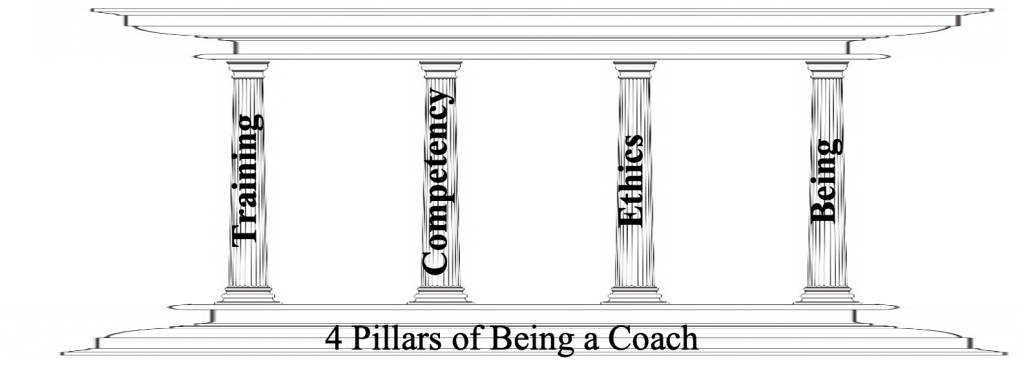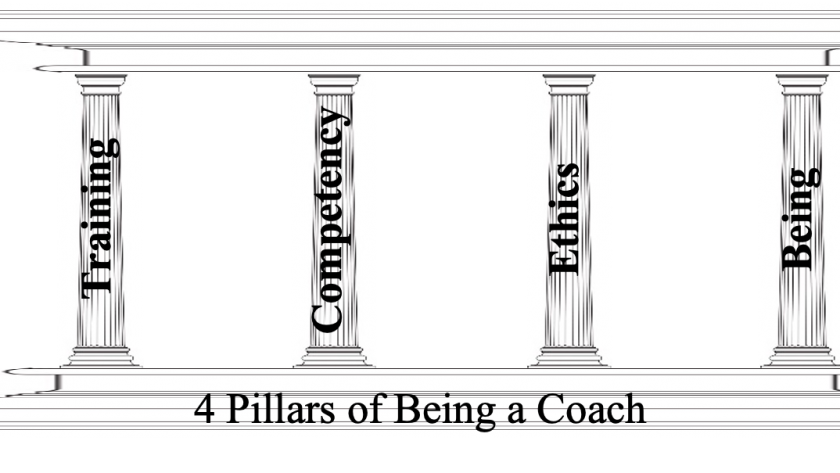
- Training
As noted in the previous blog, training is essential for any professionally and this is certainly true for coaches given the nature of the work. According to the International Coaching Federation, ICF, to become a member you are required to have 60 hours of training. The first level of credentialing, the ACC, requires 60 hours of training, 100 hours of coaching experience, 10 hours of mentor coaching, passing assessment on one of your coaching sessions at the ACC level, and passing the CKA exam. The second level of credentialing, the PCC, requires 125 hours of training, 500 hours of coaching experience, 10 hours of mentor coaching, passing assessment on two of your coaching sessions at the PCC level, and passing the CKA exam. The third level of credentialing, the MCC, requires holding the PCC credential for 3 years, 200 hours of training, 2500 hours of coaching experience, 10 hours of mentor coaching, passing assessment on two of your coaching sessions at the MCC level, and passing the CKA exam.
- Competency
Through coach training and experience, skill in the Core Competencies of a coach, researched and defined by the ICF, is developed. The level of competency impacts the efficacy of the coaching.
- Ethics
As with all professions there is a Code of Ethics. What is fascinating is that the coaching Code of Ethics has higher standards than is traditional in other codes.
- Being
Who and how someone is as a person is foundational to their coaching. Being an effective coach includes embodying the coaching mindset which means holding clients as their own best expert and partnering with them using curiosity and flexibility. Being also includes being completely present for the client and focused on them. Being open, vulnerable, confident, able to manage strong emotions, and comfortable not knowing are all elements of being a coach.
The pillars of Being a Coach make it clear that there is much involved, and each pillar is essential for the coach to be effective supporting client success.





